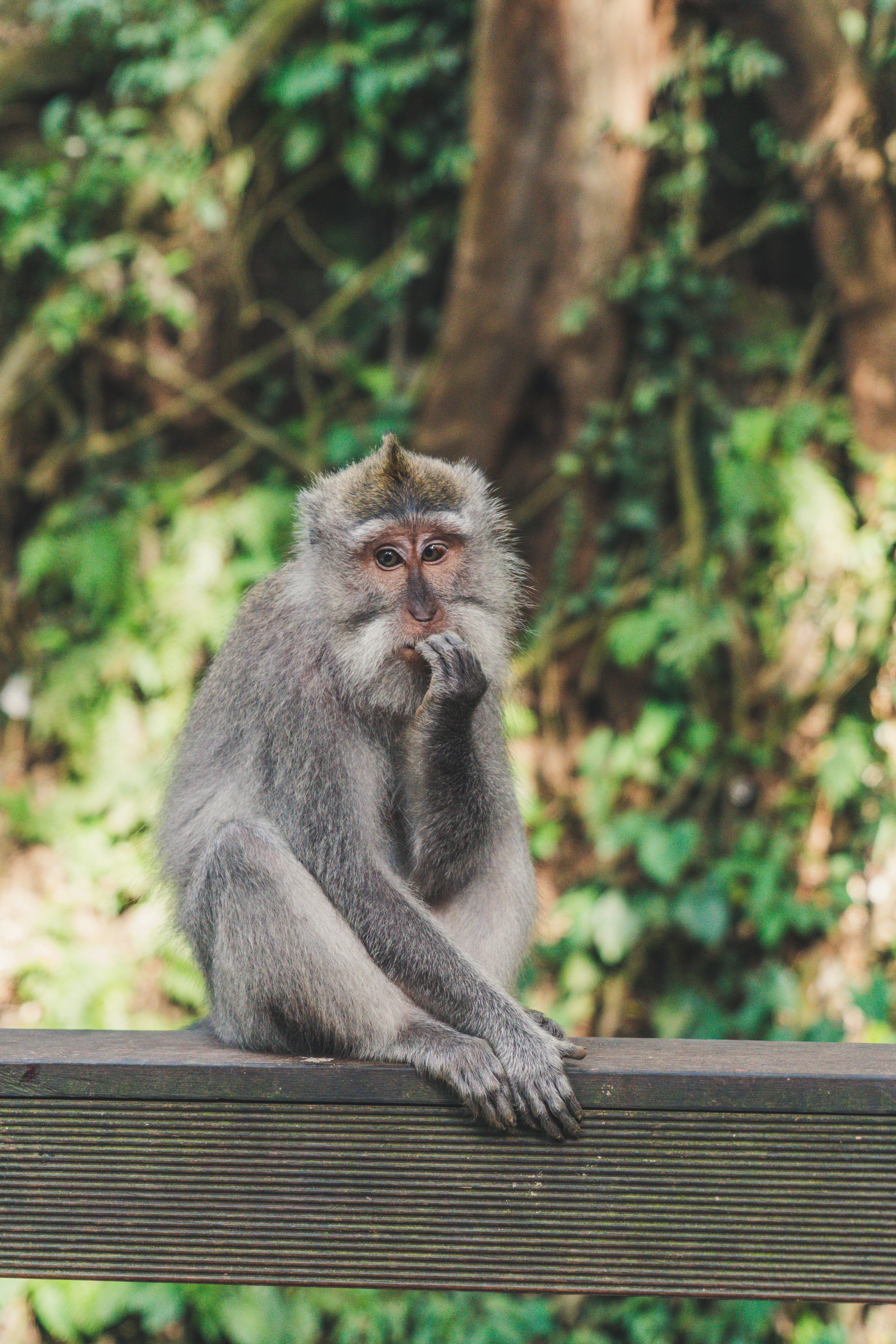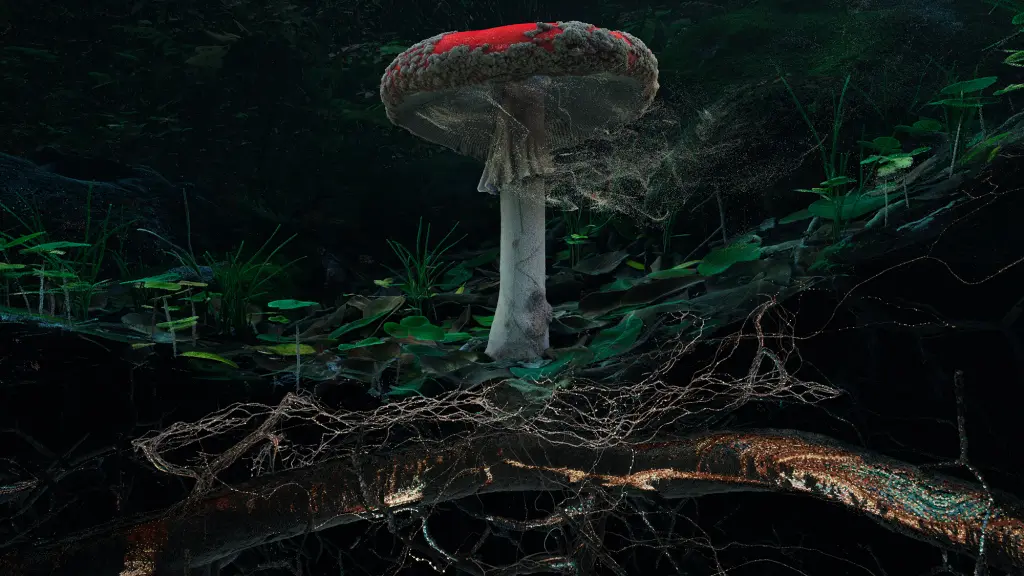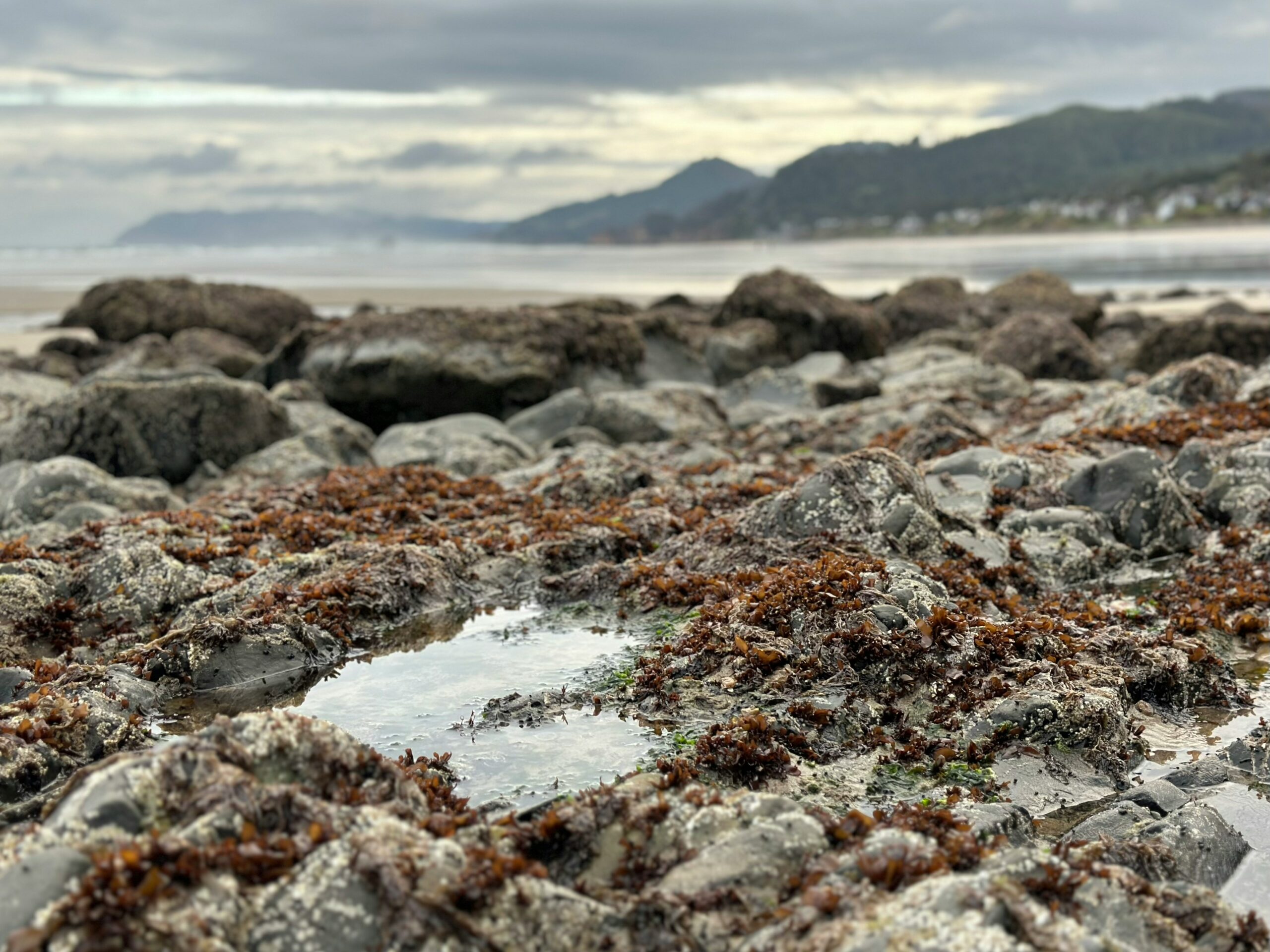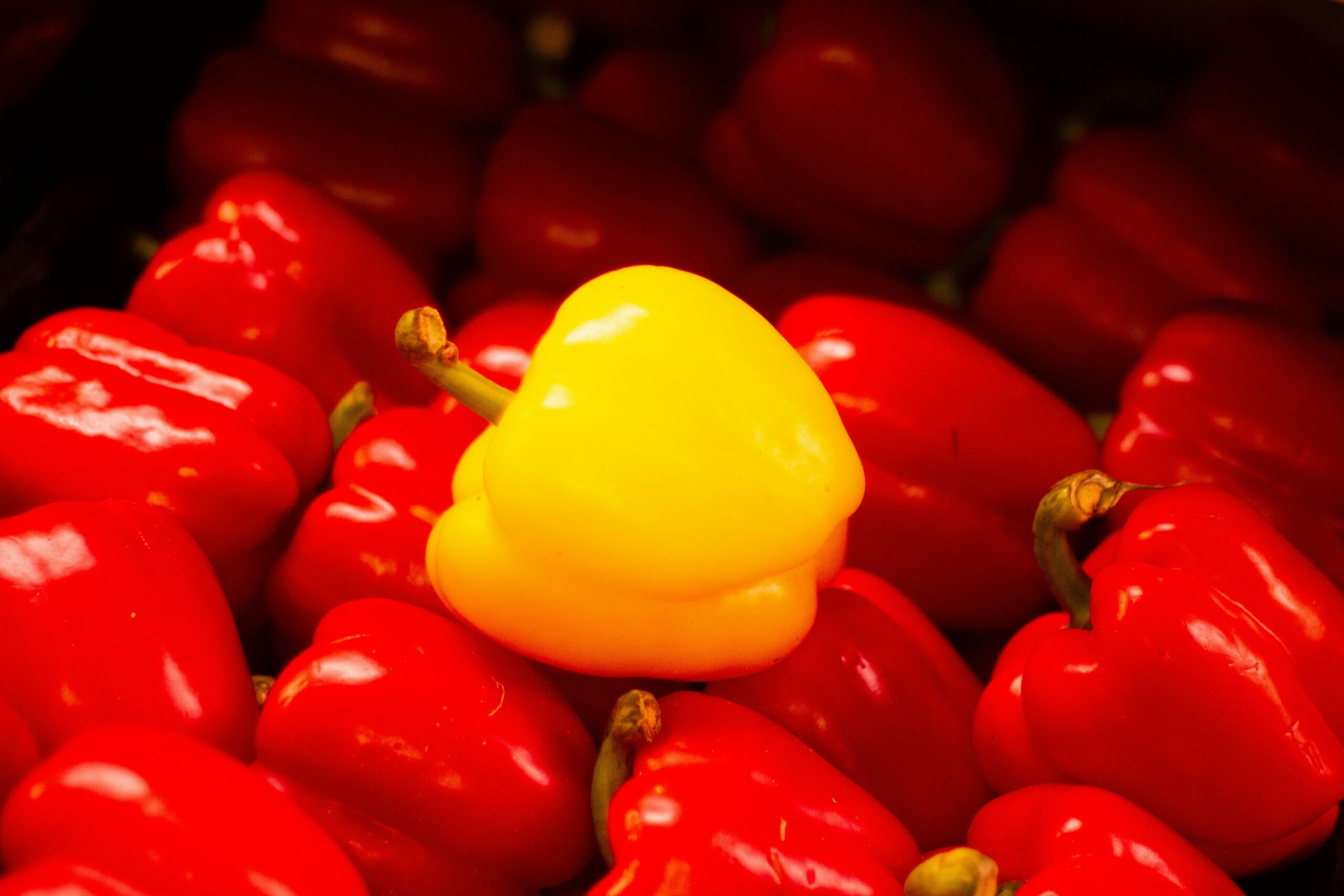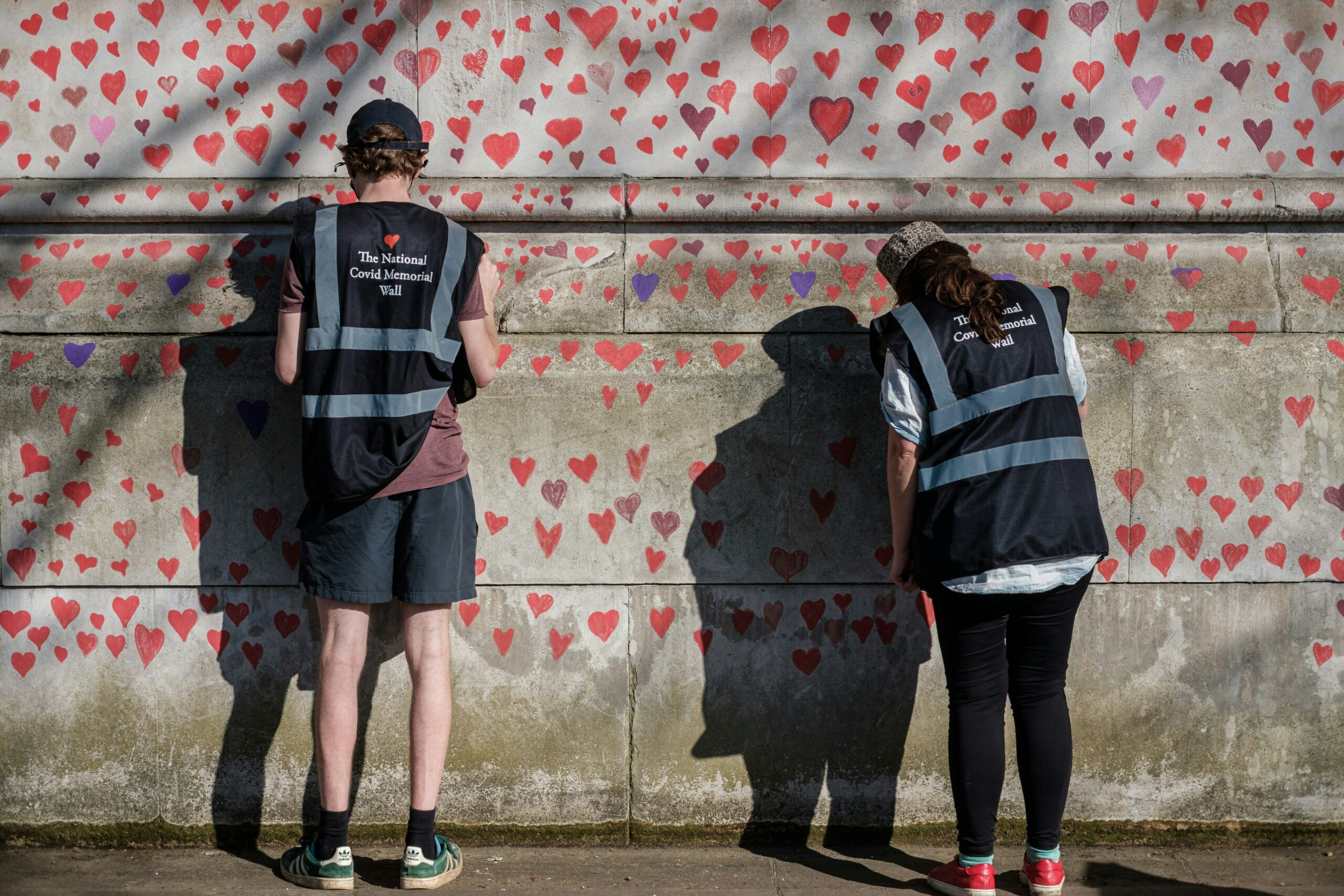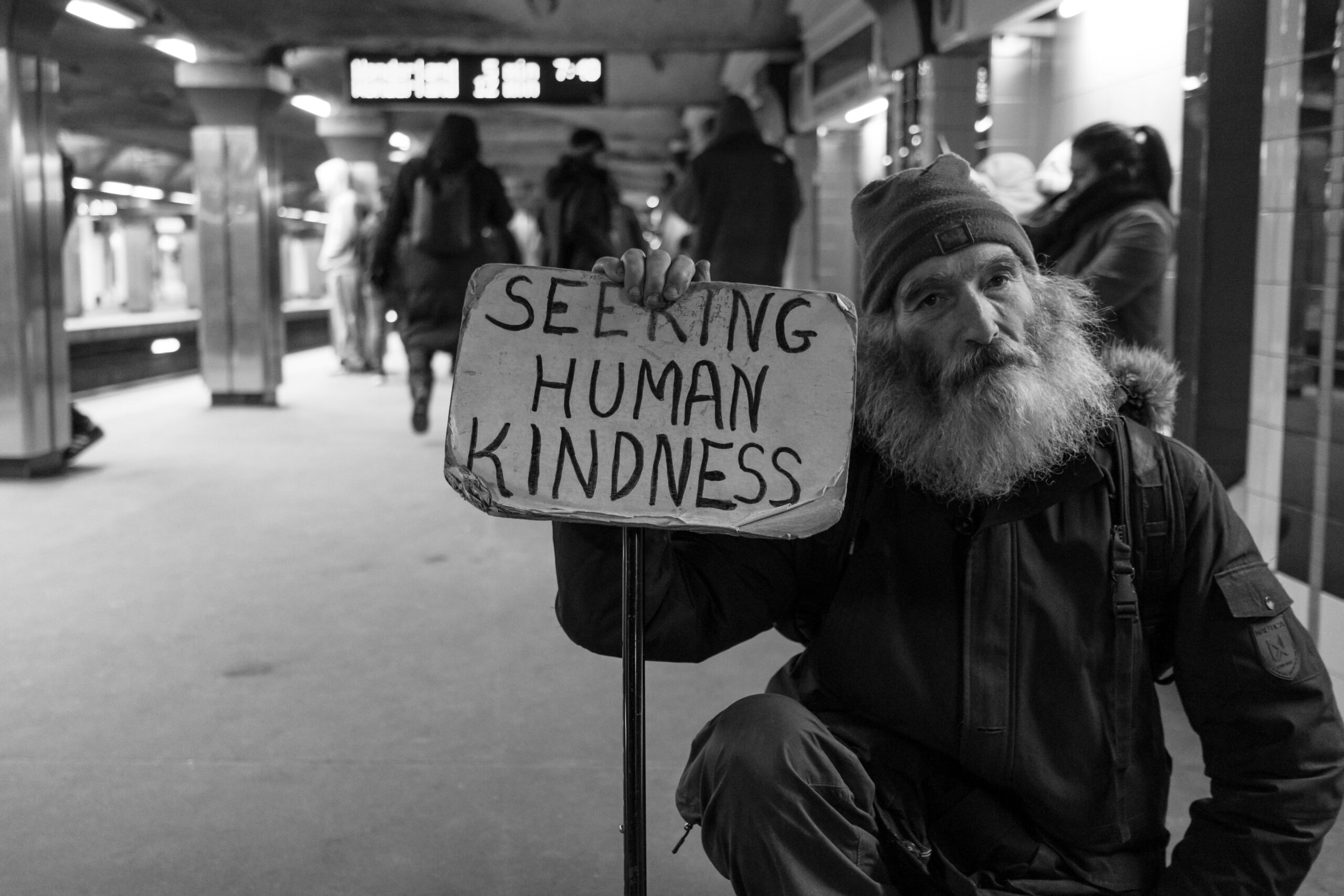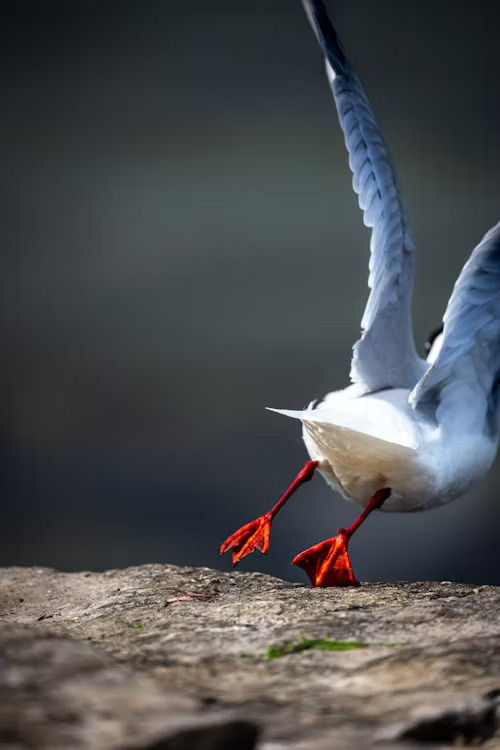opinion
The client doesn’t change, despite commitments
My client came to coaching in some distress. She worked in a high-pressure environment, and carried responsibility for actions that would change her patients’ lives one way or the other – making their lives and health better, or creating damaging impact.
She was highly skilled and experienced, and she had an excellent reputation. She worked very hard, and loved her work, but she wanted to have more discipline in the organisation of her non-clinical time and to work on her habitual pattern of never saying no to invitations to add another patient to the list, speak at another conference or teach another group of students. She was overloaded and exhausted, and her exhaustion was having an impact on her effectiveness and behaviour, which was at times intolerant and verbally aggressive.
Yet the habitual patterns persisted: nothing changed, despite her being desperate to change, and despite what sounded like sincere verbal commitments – to me as coach and to herself – to start being more discriminating about what she said yes to.
What was going on?
Immunity to Change
Coaches and our clients are in the business of change. We all, as coaches, come across clients who express how fervently they really want to change one thing or another (or more) about how they think about, approach or behave in their lives or leadership – and yet don’t engage with the plans and strategies they’ve committed to implement between sessions, or even sabotage them.
Lisa Lahey and Robert Kegan originated the theory of Immunity to Change, which can offer both clues to understanding what stands in the way of an individual actually making the change that they seem to rationally and enthusiastically want, and to a process for releasing the obstacles to change. At the heart of this process are the identification of two contributing factors: what Kegan and Lahey term hidden competing commitments and the big assumptions.
‘The gravitational pull of old patterns’
I was privileged to participate in a day with colleagues at consultancy MDV on Immunity to Change, insightfully and sensitively facilitated by Nathan Roberts – a day of profound learning in the context of what Nathan referred to as ‘the gravitational pull of old patterns’, and during which each of us was enabled to work on a challenge of our own.
My experience in that workshop reinforced how significant our somatic experience – our sensations, and our impulses to move – and facilitated movement are for gaining insight and a different kind of understanding from merely cognitive understanding, rationality and reasoning. They can lead to (and again, this was reinforced by my experience and my somatic learning that day) rationality and conscious experimentation, which in turn can lead to change, but meaningful and sustainable personal change doesn’t start from rationality.
The felt experience
The experience I had that day enabled a deep insight through a felt experience, which in turn led to an exploration of my thinking patterns and the beginnings of a change of behaviour which I had been tussling with for years.
An enquiry with the client
Now I’m looking forward to – and curious about – a similar exploration with the client at the head of this piece. How could an enquiry into her immunity to change enable her to achieve the change she so much wants?
Immunity to Change
My client came to coaching in some distress. She worked very hard, and loved her work, but wanted to have more discipline in the organisation of her non-clinical time and to work on her habitual pattern of never saying no. She was overloaded and exhausted, and her exhaustion was having an impact on her effectiveness and behaviour, which was at times intolerant and verbally aggressive. Yet the habitual patterns persisted: nothing changed, despite her being desperate to change. Lisa Lahey and Robert Kegan originated the theory of Immunity to Change, which can offer both clues to understanding what stands in the way of an individual actually making the change that they seem to rationally and enthusiastically want, and to a process for releasing the obstacles to change. I was privileged to participate in a day with colleagues at consultancy MDV on Immunity to Change, insightfully and sensitively facilitated by Nathan Roberts. My experience in that workshop reinforced how significant our somatic experience – our sensations, and our impulses to move – and facilitated movement are for gaining insight and a different kind of understanding from merely cognitive understanding, rationality and reasoning.
Read more »Uncertainty
Uncertainty is a major feature of complexity – and neither expertise, efficiency nor control alone will allow us to adequately engage with it. If an attempt at orderly, predictable efficiency is all that we bring to a situation that is in fact complex, we will find our adaptability, our flexibility, our resilience, and our capacity to manage the situation compromised. Dealing with uncertainty requires both a readiness to experiment at small scale, learn from the experiment and experiment again, and seek human connection, relationship and the ability to work effectively with interdependency and interconnection. Key here is cross-functional collaboration and coalition-building. Margaret Heffernan calls attention to the invaluable role of trust and empathy (and I would add psychological safety) as human relationships develop, and to the value of the artist’s creativity. We may have something valuable to learn from people who are neuro-diverse. Useful guidelines for negotiating uncertainty might be to start by focusing on relationships and on small-scale experiments, and to give up on the search for control and predictability.
Read more »Interconnection and interdependence
The exhibition ‘Soil: The World at Our Feet’ displayed the hidden depths of soil. Soil is the great interconnector’. The fungus network explores the labyrinth of the soil, transporting nutrients to plant roots…. and trading them with the plant in exchange for carbon, which includes sugars…. the plant support system. Coming together, the networks achieve things that none could achieve alone’. Isn’t this a reflection of how human society and organisations function? Not only humans, but all living beings, are interconnected through this kind of vast and deeply complex mycelium network. In parallel, human relationships and the complexity of the systems they form, are essential for the functioning of society. In the plant world, ‘being is always being with….’ Being with. Through profound presence and deep listening, that’s what my coaching offers, and that’s what enables growth, development and change in my clients.
Read more »Edges with depth
On a group residential weekend of experiential learning the contextual theme was ‘edge’ – learning on the edge, right on the edge between sea and land. A cacao ceremony offered me a step towards a profound connection with both the simplicity and the magic of what nature can offer us. And equally, and simultaneously, I was challenged by the deeply unfamiliar nature of the ceremony, which called on a capacity to suspend judgment made by reference only to my habitual criteria for assessing the world around me. A walk onto the nearby beach and rockpools to forage for edible seaweed was a journey into the unknown, of a completely different kind. We take from the sea, so what are we going to give back to the sea? As I’ve continued to broaden my reflections on where else reciprocity might be appropriate in our troubled world, it seems to me that we could do a lot more to offer care and caring back to it.
Read more »Passionate detachment
She was an entrepreneur, passionate about, but exhausted by, the demands of building her business. She felt like the business was running her rather than vice versa. She knew that something had to change if she – let alone the business – was going to sustain. Being able to be passionately detached is about 'creating an equilibrium where we are passionately engaged in what we love, but are reasonably detached from the day-to-day outcomes of our actions ....we passionately take charge of living our dharma, our life’s purpose, while letting go of being invested in the external measures of our progress' i.e. the outcomes we achieve. While you’re subject to the magnetic attraction of your passion it’s hard to see anything other than the detail of the object of your passion. Courageously, this entrepreneur began to experiment on a very small scale with self-compassion, with doing things she enjoyed. She saw the business flourishing in a way that it hadn’t done before. Meanwhile, she had a new sense of balance. Almost without noticing, she had detached herself from being possessed by the business she loved. As the business was beginning to flourish, so was she: she and the business were both getting a life.
Read more »Spaciousness
A fascinating new research report on spaciousness has just been published: ‘Permission to Pause: Rediscovering ‘spaciousness’ at work’, by Professor Megan Reitz and John Higgins. The researchers highlight two different modes of behaving: ‘doing’ (paying attention to action, achievement, productivity and the like – the territory of busyness) and ‘spacious’ (attention is focused on enquiry and exploration, interdependence and relationship). Their research separates busyness from flourishing. Busyness seems to be part of the entrenched culture in many systems and organisations, militating against the kind of thoughtfulness that helps ensure that action is the right action. There’s much here that brings to mind for me both mindfulness (paying attention on purpose, in the present moment and without judgment) and psychological safety. Spaciousness it isn’t only a way of being for teams and groups. It’s also a way of being that we as individuals can offer to ourselves.
Read more »Memory and memories
I find myself curious about not only the somatic nature of memory and memories, but also about the memories that exist in organisations because of, for example, individuals’ relationships with previous leaders and colleagues, and how important it is to take account of them: these memories carry significant power in terms of having shaped some of the attitudes, motivations and expectations that people bring to work. This is the stuff of systems, revealed often in a facilitated engagement with systemic constellations. It can be useful and revealing for a current leader to reflect on the imprint of previous leaders in their role, and to respect it rather than being tempted to dismiss it (and be the ‘new broom’), simply because that leader was in the past. The memory of past leaders may be very alive today because of their embodied impact on the team and the organisation. The recently-arrived leader does well not to trample on memories nor to impose organisational Alzheimer’s.
Read more »Help - giving and receiving
I'm remembering moments when clients have articulated a sense of shame in not being able to sort all their challenges out themselves. However, these challenges – and many others – are a normal part of everyone’s lives. Somehow we’ve learnt to equate ‘alone’ or ‘separate’ or even ‘isolated’ with ‘strong’ and ‘resilient’. In reality, precisely the opposite is true. ‘Alone’ and ‘coping alone’ are brittle ways to be. As human beings we are interdependent. When one element is vulnerable, that vulnerability will impact all the others, no matter how seemingly distant. Equally, when one element is helped, resourced and strengthened by another, that too will be felt in some way by other elements. Collective intelligence is always superior to the intelligence of one individual. We need to recognise and value vulnerability and a need for help.
Read more »World Kindness Day
Every November 13th, the world celebrates World Kindness Day - a global reminder of how small acts of kindness can create a ripple effect that strengthens our connections to one another. Kindness begets kindness - and it also gets more of value achieved. It’s close to compassion, and to the exercise of compassionate leadership. It certainly beats the effect of not noticing or caring how things are for The Other, of inconsiderate or unwarranted criticism, of self-absorption to the exclusion of others, or of neglecting others and their interests. Kindness creates precious connections and scope for collaboration, which is critical for innovation, change and versatility: the employee who feels seen and heard, taken account of and considered, will feel led with strength.
Read more »Working dynamics
Three of my coaching clients have decided to leave their jobs and their employers. In all three cases their reasons related to the way they were treated at work. One felt diminished, shut down and rendered voiceless by their line manager. The other two felt unvalued and unrecognised by their line managers. It has looked to each of them that those leading and managing them have been predominantly concerned with being seen as ‘right’, with protecting their own internal empires and with self-protection. My clients have felt crushed, sidelined, unseen and voiceless. If one looks at the seniors with compassion, the contexts in which they are working and the variety of pressures on them, and expectations of them, together with their possible exposure in front of a wider audience, come into view. How might it have been possible for my clients to seek ways in which to establish better connection, to be more curious and to stimulate more curiosity, and to bring more compassion and more self-compassion?
Read more »

